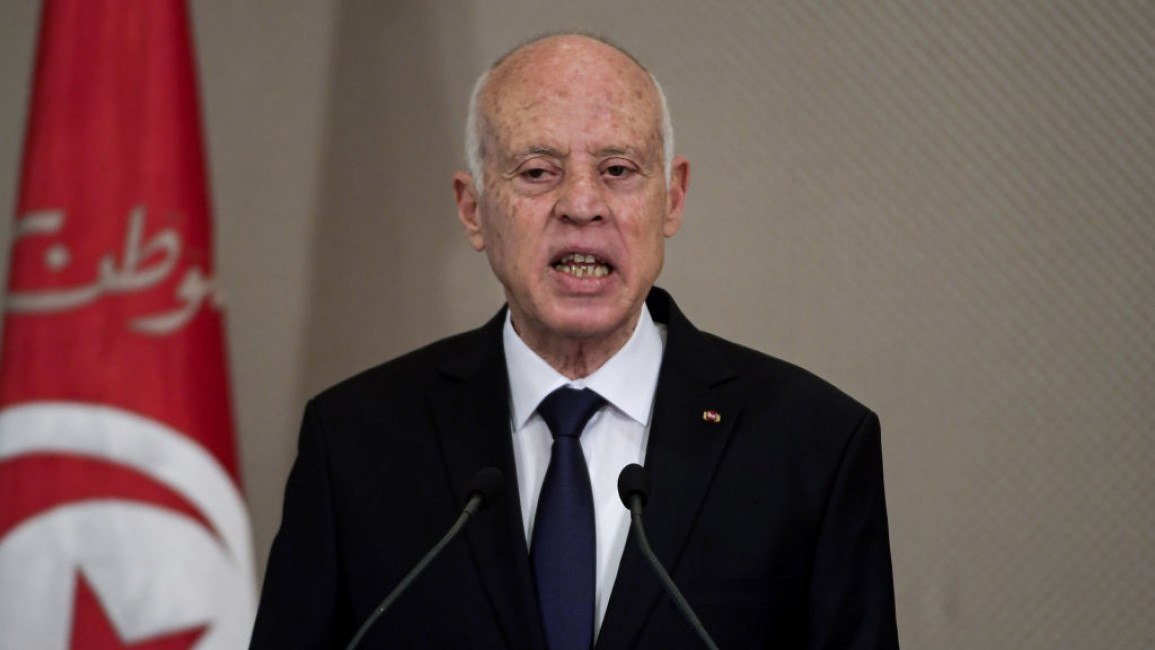Tunisia's proposed constitution gives President Kais Saied far more power
Tunisia published a proposed new constitution on Thursday that will be put to a referendum next month, limiting the role of parliament and giving President Kais Saied far more power.
Last year, in a move his foes call a "coup", Saied brushed aside the existing 2015 democratic constitution and dismissed the elected parliament to say he would rule by decree while he remakes the political system.
The text of the proposed constitution published on Thursday in the official gazette said Saied would continue to rule by decree until the creation of a new parliament through an election expected in December.
The new constitution would allow the president to present draft laws and have sole responsibility for proposing treaties and drafting state budgets, the gazette said.
It would also create a new 'Council of Regions' as a second chamber of parliament.
Previously, political power was more directly exercised by the parliament, which took the lead role in appointing the government and approving legislation.
Under the new constitution the government would answer to the president, not to the parliament.
Most of Tunisia's political parties have rejected his unilateral moves to rewrite the constitution and urged voters to boycott the vote.
In the decree he issued this year ordering the referendum, Saied did not set any minimum level of participation to make the vote on Tunisia's future political system valid.
(Reuters)



